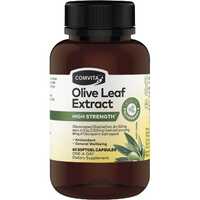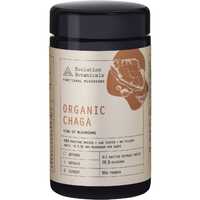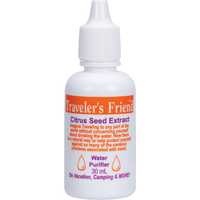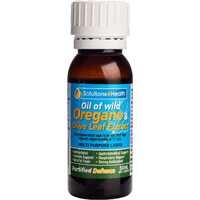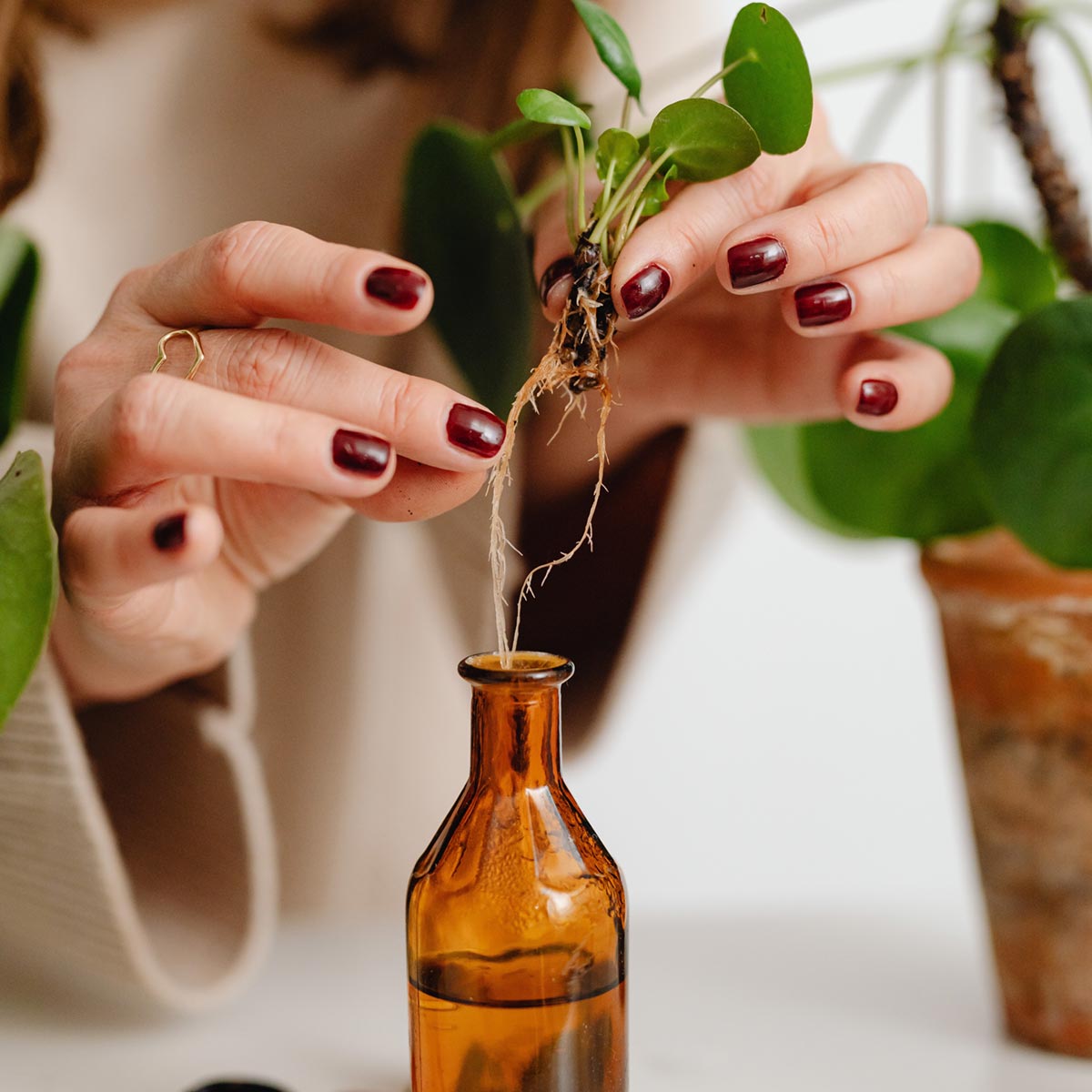A plant extract is a substance derived from plant tissue for a specific purpose. Plant extracts are composed of various bioactive compounds, and they have a number of nutritional, cosmetic, and therapeutic applications. These extracts are commonly sold as functional health foods, and they're also used as natural pigments and sweeteners. Plant extracts have long been used in traditional Chinese medicine, and they're increasingly used by the natural health community.
Plant extracts can be a great source of beneficial biomolecules. A number of extraction techniques are used to collect these compounds, with solvents and other extraction techniques used to isolate alkaloids, glycosides, phenolics, terpenoids, and flavonoids.
There are three common types of plant extracts:
- Liquid/liquid extraction, or partitioning, is a separation process that transfers one liquid solvent to another.
- Liquid/solid extraction involves isolating a plant compound with a liquid solvent. Tea and coffee are simple examples.
- Acid/base or chemically active extraction is a liquid process that separates organic compounds based on their pH.
Typical plant-based extractions for nutritional or cosmetic purposes involve a liquid/solid extraction followed by one or more purification stages. These extraction methods utilise solvents of different polarities to refine plant materials and collect desired biomolecules. This involves breaking intermolecular or inter-ionic bonds, which releases active ingredients for ingestion or topical application.
A Short History of Plant Extracts
Plant extracts have a long history of use around the world. From ancient Egypt and Mesopotamia to Africa and India, nearly every culture on Earth has used plant materials for food and medicine. The active compounds in plants have been extracted and used for almost everything, from poisoning the tips of arrows to making insecticides, foods, and medicines. Even today, between 50,000 and 80,000 flowering plants are used for many of these purposes.
More than anywhere else, plant extracts are associated with China. Traditional Chinese medicine is based on extracts, with a wide variety of materials prepared, concentrated, and ingested to promote physical and mental health. Chinese medicine includes raw materials with single active ingredients and formula granules with various plant combinations. These plant extracts are generally made through simple water extraction, often followed by separation and drying.
Plants have long been used in the production of stimulant beverages, including tea, coffee, and cola. They have also been used to produce alcohol, create cosmetics, and make food taste better and last for longer. In modern times, plant extracts are widely used in the production of commercial food and cosmetic products, and they're also sold as dedicated health products. With natural health gaining popularity all the time, plant extracts continue to be used for nutrition and complementary medicine.
The Health Benefits of Plant Extracts
Phytochemicals are the natural chemicals in plants that provide protection from bacteria, viruses, and fungi. When extracting plant materials, these phytochemical compounds also affect health outcomes. Many of the phytochemical compounds found in extracted materials can be grouped according to the chemical nature of their secondary metabolite constituents. This includes alkaloids like caffeine and nicotine; terpenes like ginkgo, ginseng, and valerian; and phenolic compounds such as curcumin and resveratrol. Compounds may also include flavonoids, phenols, phenolic glycosides, saponins, and nitrogen compounds.
Along with phytochemical compounds, plant extracts are a great natural source of vitamins, minerals, and other nutrients. These ingredients are essential for optimal health, and they promote a wide range of health benefits. From improving your digestion to boosting immune system function and reducing inflammation, plant extracts can be a great way to supercharge your general health. While following a balanced diet and exercise regime is the foundation of every healthy lifestyle, plant extracts can play an important supportive role.
Along with nutrition, many plant extracts have been used in drug discovery programs. As the primary source of bioactive compounds, scientists study plants all the time in an effort to create new useful medicines. Several important drugs have already been isolated and identified from plants, and there are surely lots of discoveries yet to take place. While Western medicine and natural food-based nutrition are often thought to be worlds apart, many of our most important life-saving drugs have come from a deep understanding of plants. Even today, 50% of all drugs in clinical use are derived from natural products.
The Cosmetic Benefits of Plant Extracts
Along with providing nutritional goodness, certain plant extracts are known for their cosmetic effects. A wide variety of plants are collected, processed, and refined to be used in beauty products. You can find plant materials in face creams, hand creams, shampoos, conditioners, and sun lotions, among many other products. While most cosmetic plant extracts are combined with other ingredients in small doses, some materials can be applied directly to the body.
The following plant extracts are widely used in cosmetic products:
- Eucalyptus plant extract
- Aloe vera extract
- Chamomile extract
- Rose extract
- Lavender extract
- Coffeeberry extract
- Soy extract
- Sea buckthorn extract
- Walnut extract
- Pine bark extract
Plant Extracts vs. Essential Oils
Essential oils are made from extracted plant materials, but they're made in a different way from other plant-based extracts. Essential oils are extracted through distillation, and traditional plant extracts are soaked in a liquid solvent to isolate the desired ingredients.
Essential oils normally have a more prominent aroma than extracts, which is due both to the method of extraction and the selected ingredients. The ingredients used in essential oils are more likely to have a strong smell, with various roots, flowers, and leaves chosen specifically for their aromatic oils.
In contrast, plant extracts are produced through a straining process. The plant material is ground, and a solvent is added for an extended period. This can be something as simple as water — the universal solvent — or it could be alcohol or another liquid. After the material has been exposed to the solvent, the final concentrated plant substance is strained and collected.
Making tea at home is a simple example of creating a plant extract. Most techniques are much more complex and time-consuming, however, with different methods and equipment needed to remove the essential compounds. Plant extracts are generally not as concentrated as essential oils, so they can be used in higher quantities and tend to be gentler on the stomach and skin.
Popular Plant Extracts
A wide range of plant extracts are used across the world, many of which are hidden in food and cosmetic products. From natural pigments and sweeteners to daily chemicals and beauty products, these extracts make our favourite products smell, look, and taste better. There are also lots of functional plant extracts on the market, which can be consumed alone or added to smoothies, shakes, salads, and other foods.
Of the many examples on the market, the following are among the healthiest and most popular:
Olive leaf extract
Olive leaf extract is a dark and bitter liquid mixture often ingested to boost health. Made from the leaves of the olive plant, it contains an active ingredient called oleuropein with potent anti-inflammatory and antioxidant properties. Consuming this extract offers all the benefits of the Mediterranean diet in a supercharged package. While olive leaf extract can be too strong on an empty stomach, especially when ingested alone, it makes a very powerful health tonic.
Ginkgo biloba extract
Ginkgo biloba is an ancient plant with amazing health properties. The ginkgo biloba tree comes from China, and it's a staple of traditional Chinese medicine. Rich in goodness, this extract contains high levels of flavonoids, terpenoids, and other antioxidants. Ginkgo biloba extract may help to reduce inflammation, support brain function, and promote healthy blood circulation.
Ginseng extract
Ginseng is another staple of traditional Chinese medicine. This plant has been used for thousands of years, and it has potent antioxidant, anti-inflammatory, and antithrombotic effects. There are different types of ginseng on the market, with fresh ginseng harvested before 4 years, white ginseng harvested between 4 and 6 years, and red ginseng harvested after 6 or more years.
Grapefruit seed extract
Grapefruit seed extract can be used topically or taken internally, with its rich combination of antimicrobials and antioxidants helping to fight infections. You can also extract oranges, limes, and lemons, with all citrus flavonoids helping to reduce inflammation and boost nutrition. There are also lots of other citrus extracts on the market, along with related products like lemon balm extract and lemongrass extract.
Mushroom extracts
There are lots of mushroom extracts on the market, including chaga extract, tremella extract, maitake extract, and reishi extract. Depending on the type of mushrooms extracted, these products can assist with a range of ailments. From seasonal allergies and the common cold to insomnia and inflammation, mushroom extracts provide a powerful boost to help you cope with the demands of the modern world.
If you're looking for quality plant extracts to supercharge your health and support your well-being, we have everything you need. At Healthy Being, we source the best natural products in the world and offer them to you directly at unbeatable prices. For olive leaf extract, grapefruit seed extract, mushroom extracts and more, visit our website today and enjoy free shipping options across Australia and worldwide delivery!


 Certified Organic
Certified Organic Vegan Friendly
Vegan Friendly  Vegetarian
Vegetarian Organic Ingredients
Organic Ingredients Dairy Free
Dairy Free Gluten Free
Gluten Free Keto Friendly
Keto Friendly


























